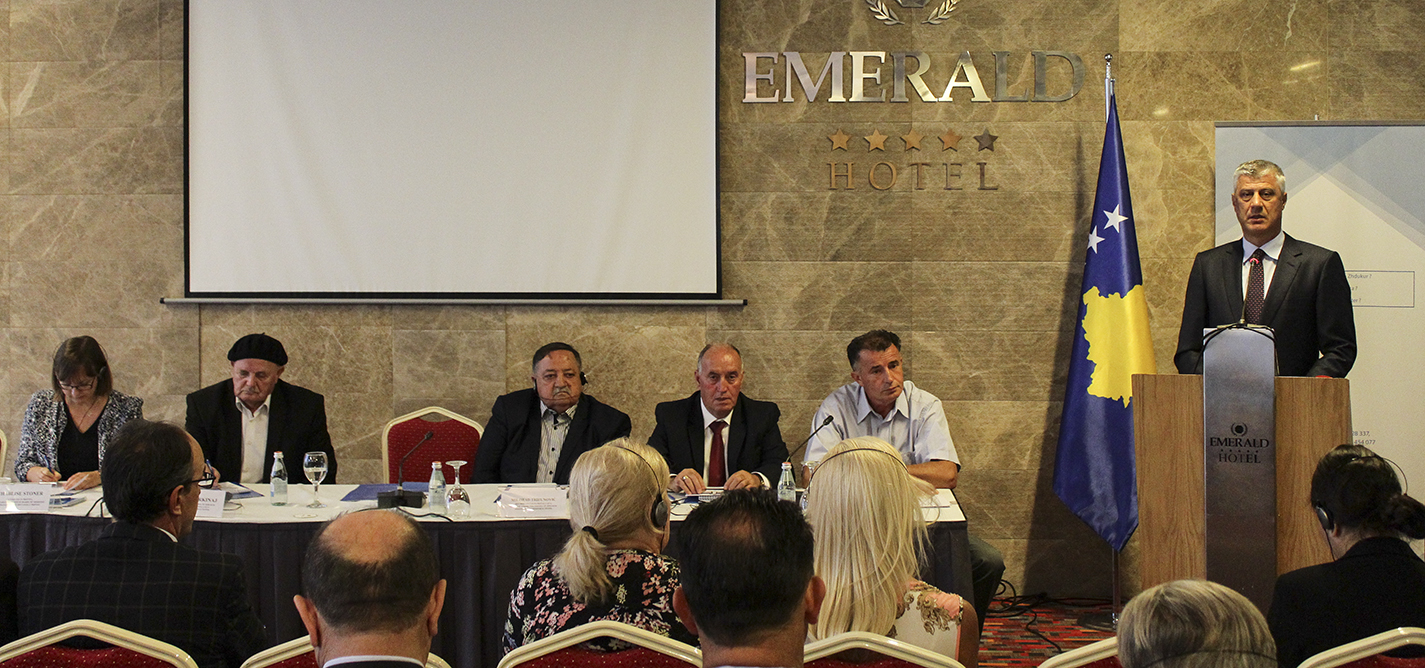
The truth about many disappeared persons is still a long way off
The creation of political institutions needs to be backed up by political will.
Even where the bodies have been found and returned to their families, very few perpetrators of kidnapping and enforced disappearances have been brought to justice.
If the president of Kosovo wants to build a bridge and develop a dialogue between Albanians and Serbs in particular, he should know that the ball is in his court.

Nora Ahmetaj
Nora was a member of the Regional Coordination Council of Coalition for Regional Truth Commission (RECOM) for war crimes committed during the years 1991-2001 in Former Yugoslavia. She specializes in human rights, transformation of peace and conflict, and transitional justice.
DISCLAIMERThe views of the writer do not necessarily reflect the views of Kosovo 2.0.
This story was originally written in English.